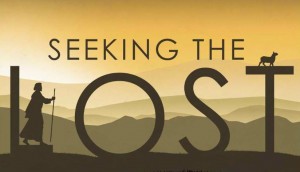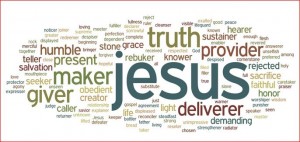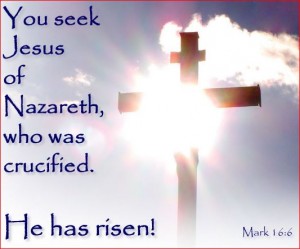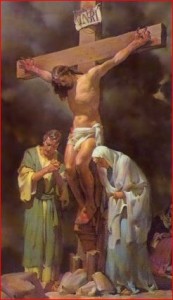John the Baptist had a wide following in his day. Those who followed John were called his “disciples.” He knew, however, that he would decrease and Jesus would increase. I like John! He knew his limitations and was well adjusted to them!  He understood God’s purpose for his life was just to be “a voice.” He had no visions of grandeur or and overestimation of his abilities or his purpose. I expect John knew even in his death that God’s purpose has been fulfilled. Although he patterned his life after the prophet Elijah, the great miracle worker who witnessed the death of his female nemesis, he was content with never having performed one miracle and ended being beheaded at the request of his female nemesis. He simply was a voice who spoke God’s truth to those who needed to hear it most. John had a role in making disciples for Jesus, but it was limited. He knew that Christ would be the one to bring it to fruition and fulfillment.
He understood God’s purpose for his life was just to be “a voice.” He had no visions of grandeur or and overestimation of his abilities or his purpose. I expect John knew even in his death that God’s purpose has been fulfilled. Although he patterned his life after the prophet Elijah, the great miracle worker who witnessed the death of his female nemesis, he was content with never having performed one miracle and ended being beheaded at the request of his female nemesis. He simply was a voice who spoke God’s truth to those who needed to hear it most. John had a role in making disciples for Jesus, but it was limited. He knew that Christ would be the one to bring it to fruition and fulfillment.
Like John, Jesus committed His early ministry to “making disciples.” But he didn’t do everything himself. His disciples were involved in that process. John 4:1-3, tells us, “Now when Jesus learned that the Pharisees had heard that Jesus was making and baptizing more disciples than John (although Jesus himself did not baptize, but only his disciples), he left Judea and departed again for Galilee.” Jesus’ mission, much broader and wider than John’s mission, was to seek and to save that which was lost and to turn them into seekers and savers of others who were lost throughout all time until He, Himself, would return to establish God’s Kingdom on earth. He not only passed that mission on to us, he passed on the idea of sharing the responsibility.
The fulfillment of God’s purpose in our lives requires working together as one body. We all have different gifts and each gift needs the rest in order to make our own efforts successful. Kent Hughes wrote, “The immediate and concomitant effect of their ‘standing firm in one spirit [Spirit]’ that Paul called for was profound cooperation—‘with one mind striving side by side for the faith of the gospel’” (Philippians 1:27) “Striving side by side” is the teamwork vocabulary of athletes or soldiers. It is at the heart of winning teams. Our problem is, unlike John, we all want to be the General! Stephen Ambrose, in his book on the Lewis & Clark expedition said, “What Lewis and Clark had done, first of all, was to demonstrate that there is nothing that men cannot do if they get themselves together and act as a team.” It was not only the success of the church in Philippi that Paul was stressing. It’s the success in every Church thereafter!







